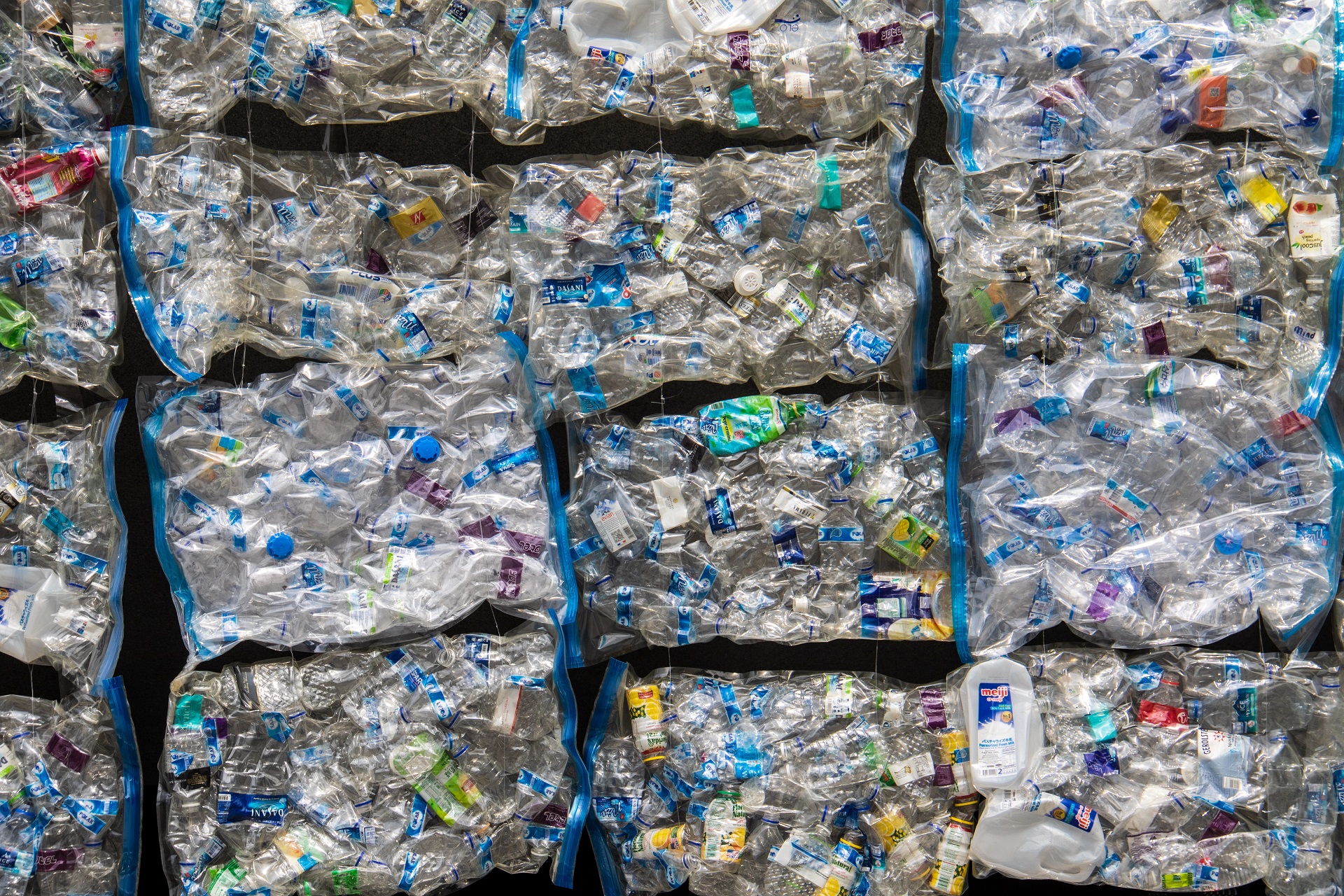
Industrial Recycling and its Benefits
We are reader-supported. When you buy through links on our site, we may earn affiliate commission.
In the 21st century, the world is on the brink of facing a large-scale environmental crisis. As the industrial sector expands around the globe, it produces more byproducts that are harmful to the planet. Thankfully, industrial companies are making greater efforts to practice industrial recycling to curb the waste they create.
The effects of pollution have far-reaching consequences for the planet and the being living on it. Therefore, it’s essential to understand the benefits of industrial recycling and how it can preserve the environment.
What is Industrial Recycling?
Put simply, industrial recycling is the practice of recycling industrial waste. Companies re-incorporate valuable materials created by industrial processes and use them to make other products. Finding ways to recycle materials into valuable products is an excellent way to ensure they don’t pollute the environment.
In the past, many of these materials went to landfills to decompose. These have the potential to significantly disrupt the local ecosystems — causing a loss of biodiversity and animal life, not to mention being harmful to humans.
For example, drywall is one of the most common products manufactured in the construction industry. However, drywall materials are mostly synthetic — made primarily out of gypsum. Leftover drywall is often thrown away, where it decomposes in landfills.
As it breaks down, the gypsum in drywall emits a toxic gas with a strong odor. This gas can travel through the air, poisoning humans and animals. Moreover, these poisonous chemicals can also turn into runoff if exposed to heavy rainwater. This can seep into the ground, killing the local flora and poisoning the groundwater underneath.
Because of drywall’s potentially hazardous effects, many construction companies opt to recycle drywall instead of simply throwing it away. Industries are finding that drywall and other gypsum materials are easy to recycle and turn back into valuable products.
The Benefits of Industrial Recycling
Industrial recycling has benefits that go beyond reducing pollution and harmful emissions worldwide. Companies that practice recycling can save money and resources while increasing efficiency.
Recycling unused materials and byproducts can reduce the amount of new materials a company might need. Reusing materials keeps production and workflow steady by using products already on hand — rather than waiting for fresh products to be in stock.
Industrial recycling can further cut costs by reducing the number of deliveries and disposals.
Renting dumpsters and paying disposal companies to take unused materials away can add up to a facility’s overall maintenance costs — something that would be less necessary by recycling.
Furthermore, companies that practice industrial recycling can increase their overall value. As people become more aware of environmental issues, governments have begun enacting initiatives and passing laws to reduce humans’ negative impact on the world’s ecological systems. This makes being eco-friendly a competitive advantage for businesses.
The new generation of consumers especially value environmentally friendly products and services. Studies show that 76% of all consumers in the U.S. and Europe believe recycling is important. Businesses that market themselves as environmentally friendly can tap a market with various people.
Recycling and the Economy
Industrial recycling can also have a positive impact on the economy. The United States Environmental Protection Agency — also known as EPA — conducted the Recycling Economic Information Report to discuss how nationwide recycling is strengthening the economy of the United States.
The report found that recycling has created a new job sector in which 757,000 new jobs were born. In addition, the recycling industry generated $36.6 billion in wages and $6.7 billion in tax revenues. This data equates to 1.57 jobs per 1,000 tons of waste recycled.
It also means $76,000 are earned in wages and $14,101 is earned in tax revenue per 1,000 tons. According to the report, these numbers are highly significant to strengthening the U.S. economy. This is especially important now — as world events such as the COVID-19 pandemic and the Ukraine conflict have sweeping effects on the world economy.
How can Companies Practice Recycling?
Incorporating industrial recycling practices into company operations can be simple, no matter what industry they operate in. Most products are made from recyclable materials such as metal, wood and plastic.
Electronics
Companies can recycle materials such as wires and other electronic components into other products. Recycling these can be especially useful — using materials on hand is much more cost-efficient than ordering new parts.
Computers, printers and mobile devices, in particular, are ripe for recycling. While personal computers and laptops last a long time, many throw them away if an essential component breaks.
However, these devices hold a wealth of components that can be recycled into new products, even if considered obsolete. Batteries from laptops and mobile devices are especially sought after — as are parts such as processors and graphics cards.
Companies that frequently use computers and printers can sell their unneeded electronics to recycling companies or even retailers such as Best Buy to make some money back on their old equipment.
Scrap Metal
Scrap metal is also one of the most recycled materials in the world. Any company or industry that works with metal or steel products can reuse or sell that metal instead of sending it to a landfill to rust.
Metal is especially reusable by its nature. It can be melted down and used repeatedly, making it infinitely recyclable. Steel production requires mining and refining — a process that can severely affect the environment.
The act of mining is inherently destructive to the local ecosystem of the area. In addition, mining tools and vehicles are often powered by fossil fuels — releasing harmful CO2 emissions into the atmosphere.
Reusing scrap metals reduces the need to mine for fresh steel, which can relieve the burden on the environment. In addition, recycled steel products are typically much more affordable and readily available to companies.
Industrial Waste
While it would seem impossible to recycle industrial waste products, using these often hazardous materials is possible. Companies, especially those that produce much industrial waste, can use specialized recycling services. Food and liquid waste are especially recyclable as fertilizer or compost, which can be a portable fuel source.
Other waste products, such as chemicals and industrial containers, can be burned at power plants to help curb their independence on fossil fuels.
Industrial Recycling is the Way Forward
Practicing industrial recycling can enormously benefit both the environment and companies. Cutting costs by reusing materials already on hand can make workflow more efficient while allowing companies to do their part in curbing global pollution.
Share on
Like what you read? Join other Environment.co readers!
Get the latest updates on our planet by subscribing to the Environment.co newsletter!
About the author

Jane Marsh
Starting from an early age, Jane Marsh loved all animals and became a budding environmentalist. Now, Jane works as the Editor-in-Chief of Environment.co where she covers topics related to climate policy, renewable energy, the food industry, and more.





